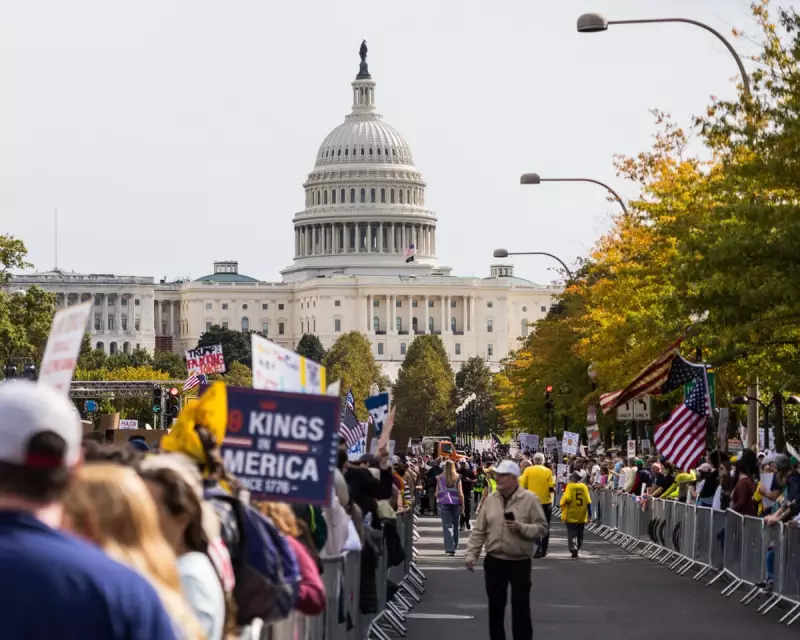
We're having the wrong conversation about freedom. While public debate rages about the boundaries of free speech, a more insidious threat is quietly undermining the very foundation of democratic society: the erosion of free thought itself.
The Unspoken Precursor to Free Expression
True freedom of expression cannot exist without the liberty to think independently first. Yet modern society has created an environment where certain thoughts feel too dangerous to even entertain, where intellectual exploration is increasingly constrained by invisible boundaries.
This isn't about government censorship in the traditional sense. The new constraints are more subtle, more pervasive, and in many ways more effective than any state-sponsored suppression could ever be.
The Three Modern Barriers to Independent Thinking
1. The Digital Echo Chamber
Algorithm-driven social media platforms have created intellectual silos where we're primarily exposed to ideas that reinforce our existing beliefs. This digital curation limits our ability to encounter challenging perspectives that are essential for developing robust, independent thought.
2. The Fear of Social Ostracism
In an increasingly polarized climate, the social cost of exploring 'wrong' ideas has skyrocketed. The threat of cancellation or social exclusion creates powerful psychological barriers that discourage intellectual curiosity and risk-taking in our private thoughts.
3. The Commodification of Attention
Our mental space is under constant assault from commercial interests vying for our attention. The endless scroll of content leaves little room for the quiet reflection necessary for deep, original thinking.
Why This Matters More Than Ever
When we lose the capacity for free thought, we sacrifice our ability to:
- Solve complex problems creatively
- Understand perspectives different from our own
- Adapt to rapidly changing circumstances
- Maintain genuine democratic participation
The most dangerous form of censorship isn't what happens to our words after we speak them, but what happens to our ideas before they fully form. We're learning to self-censor at the thought level, creating what amounts to a pre-cognitive filter on our own minds.
Reclaiming Our Mental Freedom
Protecting free thought requires conscious effort in today's environment. It means actively seeking out challenging viewpoints, carving out time for uninterrupted reflection, and cultivating the courage to follow ideas wherever they lead—even if they make us uncomfortable.
The health of our democracy, our innovation, and our collective future depends not just on our right to speak freely, but on our capacity to think freely first. The battle for free speech begins long before we open our mouths—it starts in the quiet spaces of our own minds.





